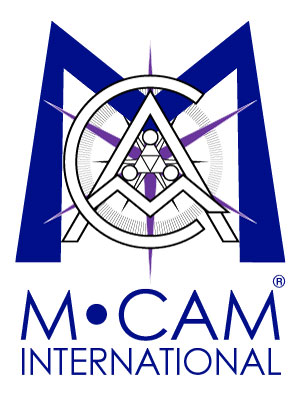PUBPAT News: Groups Challenge Stem Cell Patents That Loot Taxpayer Funds and Force Research Overseas
Date: Tue, 2006-07-18
Dr. David E. Martin July 18, 2006 University of Wisconsin Affiliate Claims Rights to All Embryonic Stem Cells Used for Research. Santa Monica, CA — July 18, 2006 — As the U.S. Senate continues debate today on legislation to increase public funding for stem cell research, a consumer group and public service patent attorneys filed challenges to three overreaching stem cell patents that significantly undermine research and waste taxpayer money. The patent challenges filed today call on the United States Patent and Trademark Office to re-examine and revoke three patents that give the rights to all human embryonic stem cells used for research to the Wisconsin Alumni Research Foundation (WARF). The groups estimate that the patents could result in hundreds of millions of dollars of research money being sent overseas each year. Already, the Juvenile Diabetes Research Foundation has funded scientists in other countries and calls the WARF patents a “major inhibition to productive scientific research.” “It is absolutely absurd that one person or organization could own the rights to life itself. But that is exactly what has happened because of these over-reaching patents,” said John Simpson, Stem Cell Project Director for the Foundation for Taxpayer and Consumer Rights (FTCR). “The real debate in stem cell research is not about the science, but whether American scientists will be allowed to participate in the global laboratory.” The patents resulted from University of Wisconsin researcher James Thomson’s work to isolate stem cells. The basis of the challenges is that the patents on human embryonic stem cells should not have been granted in the first place, because the previous work of other scientists made the derivation of human embryonic stem cells obvious and therefore unpatentable. Dr. Jeanne Loring, a stem cell scientist and renowned authority on stem cell research, submitted a declaration in the support of the patent challenges. According to consumer advocates at FTCR and attorneys at the Public Patent Foundation (PUBPAT), the patents stymie research by allowing WARF to require researchers, including those receiving taxpayer grants, to pay royalties and seek approval before engaging in stem research. “WARF has been allowed to profit at the expense of public health while many American scientists have been barred from conducting life-saving medical research. These over-reaching patents threaten our health, waste taxpayer money, and send valuable research overseas,” said Dan Ravicher, Executive Director of PUBPAT. “We’re calling on the United States Patent Office to revoke these overreaching patents.” The groups said the patents’ dubious validity is underscored by the fact that no other country in the world honors them. As a result, U.S. researchers have sent research monies abroad where they can avoid paying royalties to WARF. FTCR and PUBPAT called on Congress to pass a resolution supporting the patent challenges. “These patents should have never been issued in the first place,” said Dr. Loring of the Burnham Institute for Medical Research. “The real invention was made 25 years ago, when embryonic stem cells were first discovered — and the scientists who discovered them didn’t expect a payoff. James Thomson just followed a recipe written by other scientists, and there’s nothing patentable about that.” California voters approved the nation’s largest publicly funded research program in 2004 with Proposition 71 which allocated $3 billion in grants over the next 10 years. For an overview of state stem cell programs and pending legislation go to ‘Cures For California'(Link found below). FTCR and PUBPAT filed challenges against three patents previously granted to WARF. Copies of the Requests for Reexamination and Dr. Loring’s supporting Declarations can be found at http://www.pubpat.org/warfstemcell.htm. The Patent Office will review the challenges and decide whether they raise issues that are substantial enough to justify re-examining of the WARF patents. If re-examination is started, WARF may make opening statements to the Patent Office, to which FTCR and PUBPAT can respond. After opening statements, the Patent Office will proceed to determine whether WARF’s Patents are indeed invalid in light of the issues raised by FTCR and PUBPAT. Third party requests for reexamination, like the ones filed by FTCR and PUBPAT, are successful in having the subject patent either changed or completely revoked roughly 70% of the time. Read John Simpson’s Op-Ed explaining the need for the patent challenges at http://www.consumerwatchdog.org/healthcare/co/?postId=6532


Sorry, the comment form is closed at this time.